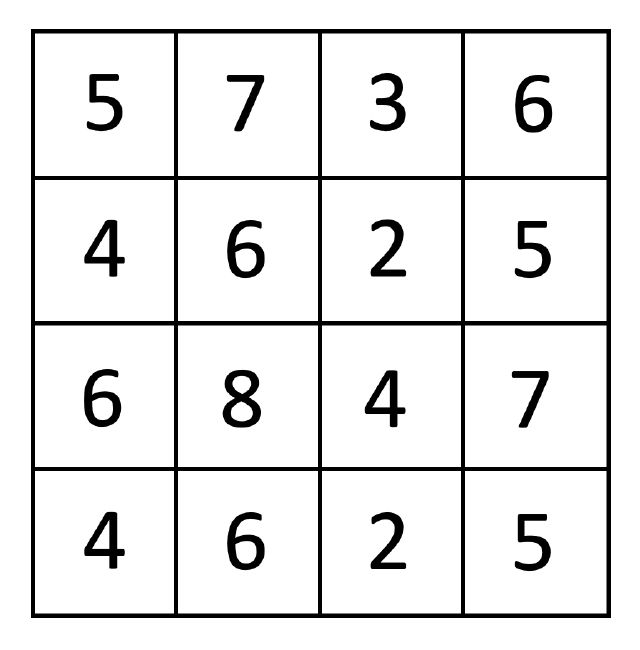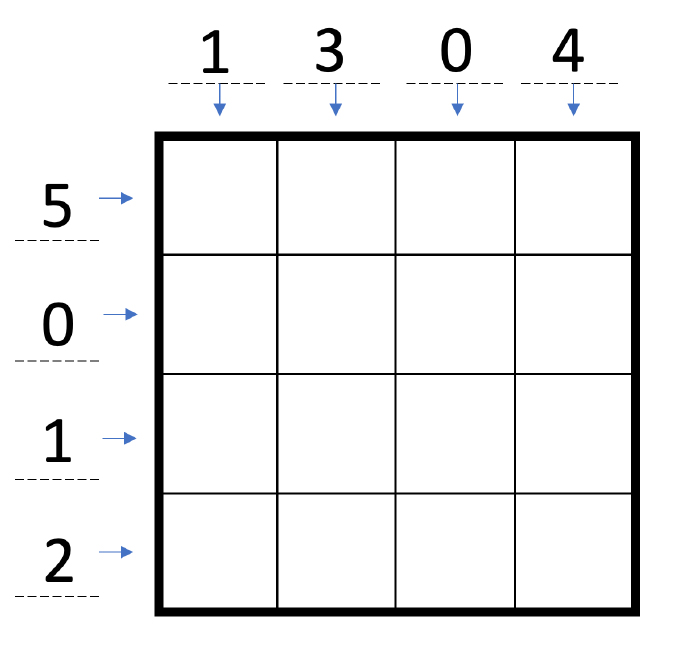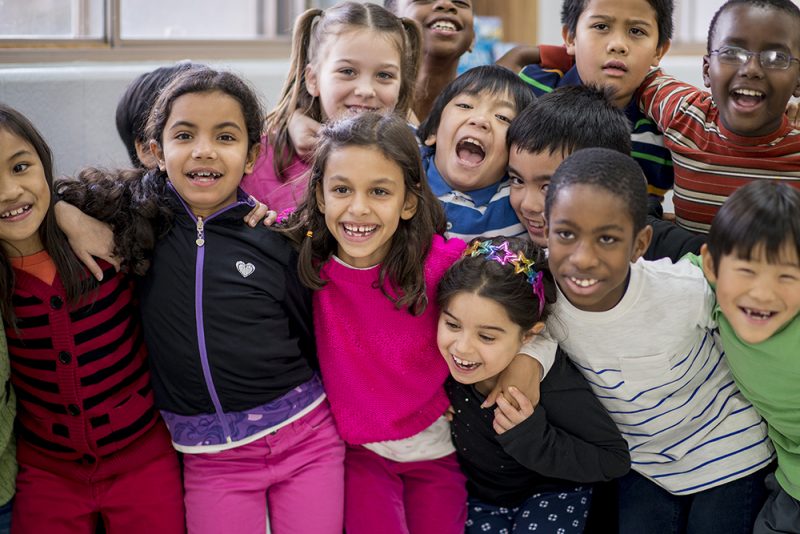Addition and Subtraction
Win Their Hearts to Win Their Minds
Making Mathematics Enjoyable for Young Learners
I didn’t particularly like math in elementary school. There were too many rules and procedures to remember and problems lacked contexts that had any real meaning for me. Although I could remember and reproduce some procedures, I didn’t really understand much of it, so I found math quite confusing. Math was also the “quiet” subject of the day. We all sat in rows and weren’t allowed to talk or work together on any problems. Our “reward” for completing the problems on the board was simply a worksheet of more problems! I wasn’t at all engaged or interested, which meant I didn’t enjoy it and wasn’t inclined to persevere. Sound familiar?
Unfortunately, this scenario is all too familiar for adults of my era. What’s more unfortunate is that many students are still learning this way today.
It doesn’t have to be like this. At ORIGO, we have our own unique approach and resources that serve to develop deep conceptual understanding and thinking skills. I believe that for most kids, it’s not their inability to do math that’s the problem, it’s that they don’t enjoy it. This might sound counterintuitive, but if we focus on their enjoyment first then the skills will follow. What if we concentrated our attention on engaging the hearts of young learners in order to excite their minds? What would happen if we made math enjoyable for them? Would they be more likely to persevere and thereby increase their chances of success?
You bet they would. Research has told us this time and time again. Don’t get me wrong, I’m not suggesting math class needs to be filled with fun and games involving laughter every minute. Many of us engage in sports or regular physical exercise that can be challenging, difficult, or even stressful at times. But that doesn’t mean we enjoy them less. Games are a great place to start, and at ORIGO we have games and other activities that help engage students with math. Games ordinarily involve a winner and a loser, so we try to focus on activities that have the same rewarding feeling of a game, but with no losers.
Let’s take a routine math task and turn it into an exciting activity. Say you want to engage students in finding the sum of four or more addends. Let me introduce you to my special square. It’s special because you can randomly find my favorite number, 20, in many ways.

Follow these steps to find 20:
- Start by circling a number in any one row. Then cross out all the other numbers in that row and column.
- Circle another number, then cross out all the other numbers in that row and column.
- Circle one of the remaining numbers then cross out the other numbers in that row and column.
- Circle the last number and add the four numbers you circled.
Your total should be 20. If you repeat the process by circling different numbers your answer will again be 20. The steps you just completed involve mathematics. To further enhance this learning experience you can have students make their own special square. Suppose one of your students has a sister turning 16. Why not make a special square for 16 and create a birthday card with the square on the front?
Start by finding eight numbers that add to your special number — in this case, 16. This requires the student to experiment with all combinations of numbers. For example, they could be 1, 3, 0, 4 and 5, 0, 1, 2. Then follow these steps.

- Use the template above. Write the numbers along two sides of the square, as shown.
- In each small square, write the sum of the number in that column and row.
- Cut out the large square or erase the eight numbers from the outside.
- Follow the first set of steps to test your square.
Games engage students to help them enjoy math as they learn. But there are many other activities that don’t involve winners and losers that serve to win the hearts — and therefore minds — of young learners. Happy teaching.
Click HERE to download the activity related to this the article.




